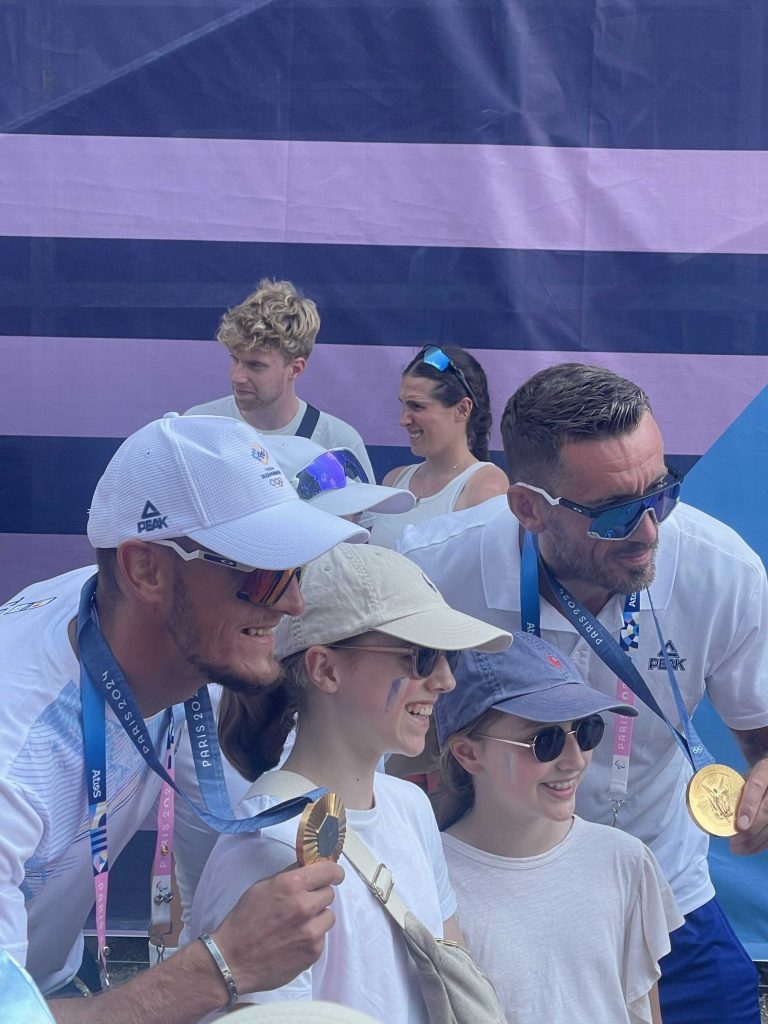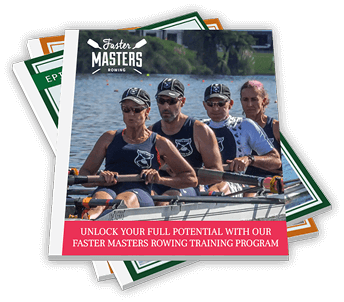The Olympic Games are the pinnacle of achievement in rowing. Once every four years we watch the world's best crews and we see spectacular performances.
Masters may think that because this is elite sport there's no relevance for us - I disagree.

I was privileged to watch every day of the Paris Olympic Regatta and here are some observations about the regatta which I believe masters can apply to our own rowing.
- Do the technical basics well in training. This is your basis for being able to row technically well at higher rates.
- Weather changes things. Wind, waves, rain all affected the racing.
- It’s not over till you cross the line - so many races were decided in the final few meters.
- A change of pace can change positions in the last 10% of the race. Learn how to do a change of pace.
- Have a contingency plan. E.g. the mens single sculls final was delayed because a bus from the Olympic Village broke down with rowers on board. The eventual silver medal winner was on that bus. If you were in the final and it got delayed - what would you do?
- Have more than one race plan. Two simple choices are an offensive lead-from-the-front plan or a defensive sit-in-the-pack plan.
Skills practiced in training
Changing pace is a really useful skill for masters to have. Incorporated into the Faster Masters rowing training programs is interval work. This is one way to train yourself and your crew to acquire the skills to be able to change pace. An example is below - taken from our 5k program. By increasing the rate for a short period from stroke rate 20 to race pace (which may be 26 - 32 strokes per minute depending on a master's age and what boat they are in) enables you to work on ways to dramatically change the boat speed within a few strokes.
Download two sample training programs to see for yourself.

